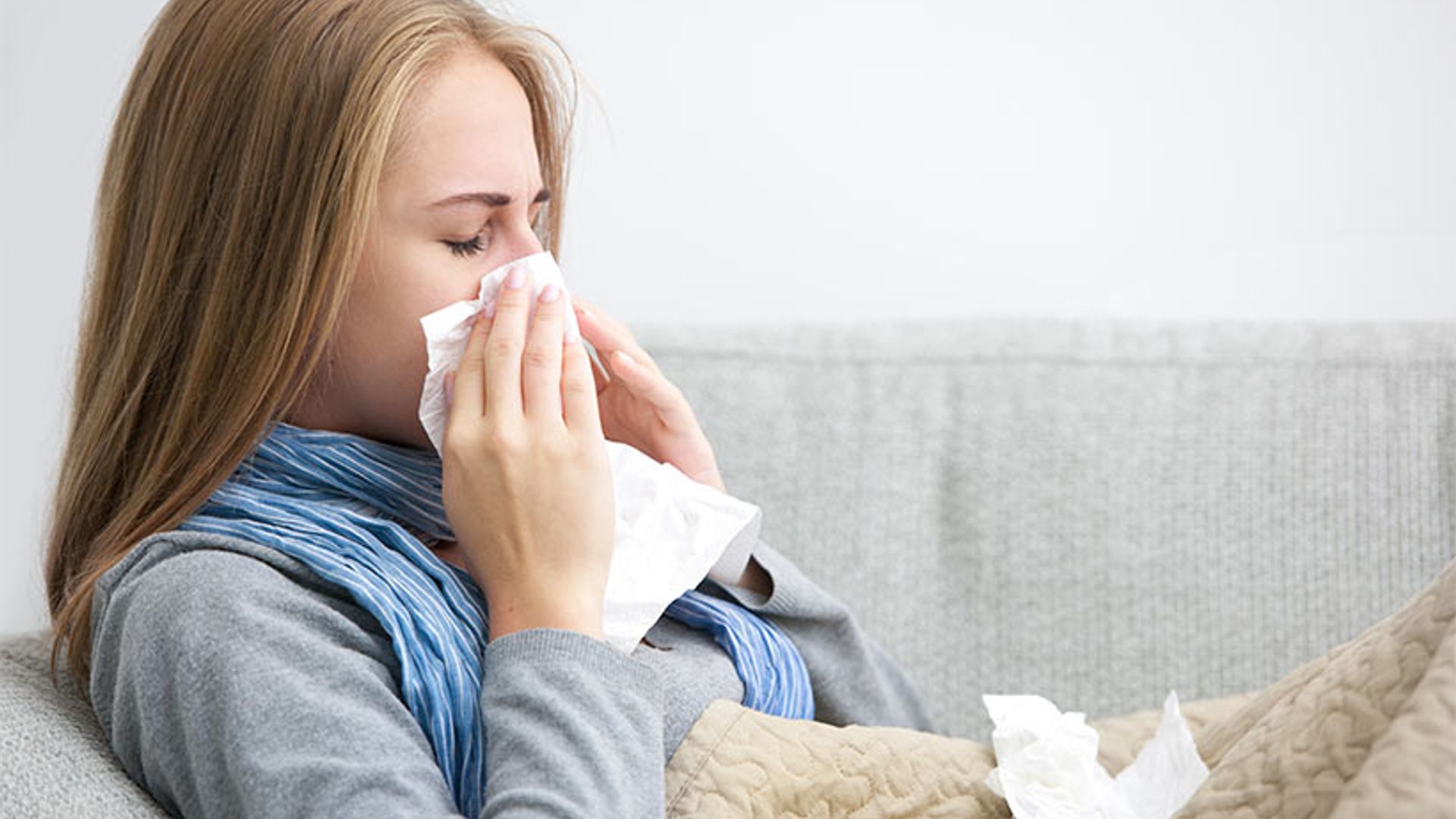
Australian flu has arrived in the UK after claiming hundreds of lives Down Under. The H3N2 strain affected up to 170,000 people in Australia, with over 300 reported to have died, and now Brits are being warned it could spark the worst flu outbreak in the country in 50 years.
While no deaths have yet been reported in the UK, Public Health England's latest flu report reveals that 17 people are currently in intensive care or a high-dependency unit with H3N2. But what is Australian flu? And how can it be avoided? This is all you need to know…

What is Australian flu?
There are two main types of flu – A and B. However, one of the strains of flu to hit the UK this year is H3N2 – a type of A flu. The H3N2 flu is similar to the type that hit Australia during their winter, where over 300 people are reported to have died.
What are the symptoms of Australian flu?
Symptoms of Australian flu are similar to normal flu, but can be more severe. They may include a high temperature of 38⁰C or above, tiredness and weakness, a headache, general aches and pains and a dry, chesty cough. Flu can make you feel so unwell and exhausted that you have to stay in bed and rest until you feel better.

What is the treatment for Australian flu?
There is usually no need to see a doctor if you have flu-like symptoms and are generally fit and healthy. The best treatment is to stay at home, keep warm and drink plenty of water to avoid dehydration.
However, you should seek medical help if you develop sudden chest pains, have trouble breathing or start coughing blood. Patients are advised to only go to their GP if their symptoms fail to improve after seven days, they are a child, over-65, pregnant or have a long-term medical condition or weakened immune system.
How can you avoid getting the flu?
Using good hygiene measures can help to stop you catching the flu or spreading it to others. Always wash your hands regularly with soap and warm water, and regularly clean surfaces such as your phone and door handles. Use tissues to cover your mouth and nose when you cough and sneeze, and dispose of them as soon as possible. If you are at risk of more serious flu, consider getting an annual flu vaccine to help reduce your chances of being infected.








0 σχόλια